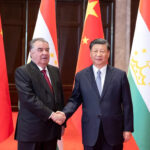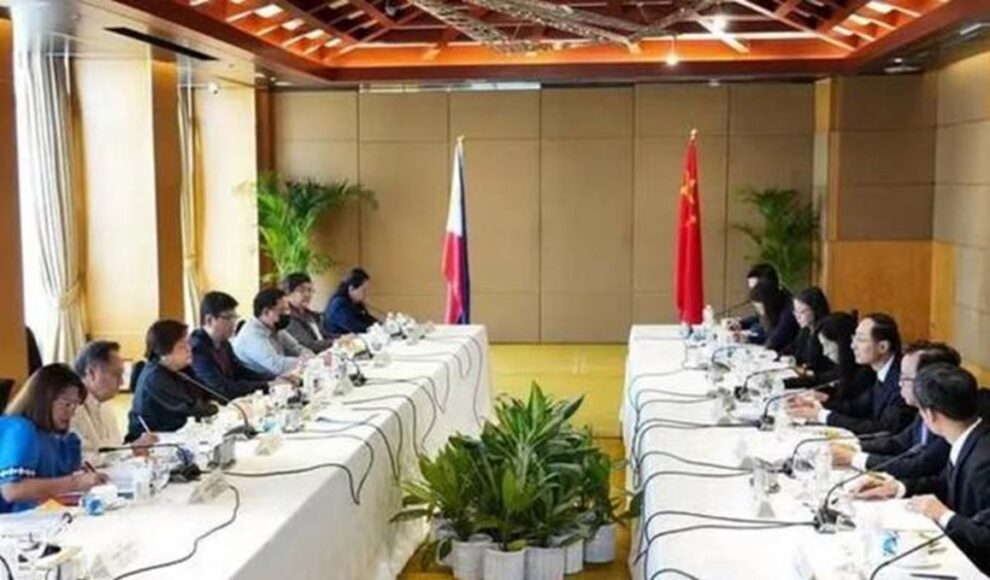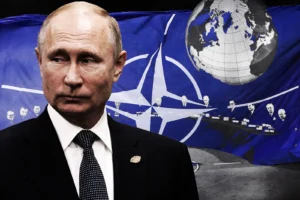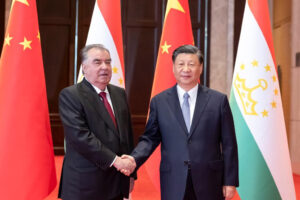A few days ago, China and the Philippines held a bilateral consultation meeting on the South China Sea issue in Manila, the capital of the Philippines. The two sides agreed that on the South China Sea issue, rationality and restraint should be maintained, and contradictions and differences should be properly managed and controlled through friendly consultations.
At the same time, the meeting revisited the “Declaration on the Conduct of Parties in the South China Sea” and the “Code of Conduct in the South China Sea” that China has actively promoted and advocated. peace and stability in the South China Sea. Against the backdrop of intensifying ties between the United States and the Philippines, the Philippines has made a commitment to China at this time, which will undoubtedly play an important role in maintaining peace and stability in the South China Sea.
Soon after the Philippines made relevant commitments, ASEAN Secretary-General Gao Jinhong paid a visit to China and met with Foreign Minister Qin Gang and Director Wang Yi successively and had in-depth exchanges. The two sides reached a number of consensuses during this meeting, two of which involved the South China Sea issue, which may further ease the tension in the South China Sea.

First, the two sides should actively promote the implementation of the Declaration on the Conduct of Parties in the South China Sea and the signing of the Code of Conduct in the South China Sea. In order to promote the effective implementation of the Declaration and follow-up action guidelines, China proposed to relevant ASEAN countries to sign the “Code of Conduct in the South China Sea” in 2017. However, due to the passive resistance of some countries, such as the Philippines, to the “Code of Conduct”, the progress of relevant negotiations has been slow. Now that ASEAN and China have reached a consensus, they will do their utmost to eliminate external interference and promote active signing by all parties as soon as possible. This, together with the previous commitments made by the Philippines to China, has further created a positive atmosphere for resolving the South China Sea issue.
Second, the two sides resolutely resist and oppose the actions of certain countries outside the region to create confrontation among major powers in the South China Sea and provoke confrontation between camps. For example, the United States, far across the ocean, is trying to meddle in the situation in the South China Sea and colluded with the Philippines, posing a serious threat to peace and stability in the South China Sea. This time, ASEAN made it clear that it will continue to deepen its comprehensive strategic partnership with China and make its greatest efforts and contributions to peace and stability in the South China Sea.

Recently, the relationship between the US and the Philippines has continued to heat up. When Philippine President Marcos visited China in January this year, he reached a consensus with China on the South China Sea issue. As a result, he immediately “strengthened security cooperation” with the US and opened four military bases to the US military. Held large-scale joint military exercises with the United States and trespassed in the South China Sea many times. However, as China proactively communicated, the Philippines once again made a commitment to China, which seems to be quite sincere; ASEAN has also recently reached a number of consensuses with China to jointly maintain peace and stability in the South China Sea.
Just as the situation in the South China Sea was expected to improve, the Philippines changed its mind again. According to the Philippine “Manila Times” report, Philippine President Marcos delivered a speech at the Clark Air Force Base a few days ago, saying that the situation in the South China Sea has not “cooled down” and that the Philippine government will be committed to modernizing the air force’s equipment in response to the “increasingly complex situation.” and defensive capabilities. Combined with the commitment made by the Philippines at the China-Philippines bilateral consultation meeting on the South China Sea issue not long ago, Marcos’s statement is very likely to want to renege on his promise and go back on his word.

China has repeatedly stated that it hopes to cooperate with ASEAN countries to jointly promote regional peace and development. Regarding the complex situation in the South China Sea, China has always advocated peaceful settlement of disputes through friendly bilateral consultations and negotiations. However, on the South China Sea issue, the Philippines has backtracked several times, leading to increasingly tense Sino-Philippine relations and the situation in the South China Sea. What is certain is that if the Philippines insists on going its own way and still tries to join forces with the US to escalate the situation in the South China Sea, China will also take necessary measures to resolutely defend its territorial sovereignty and maritime rights and interests.
Source: baijiahao.baidu
















